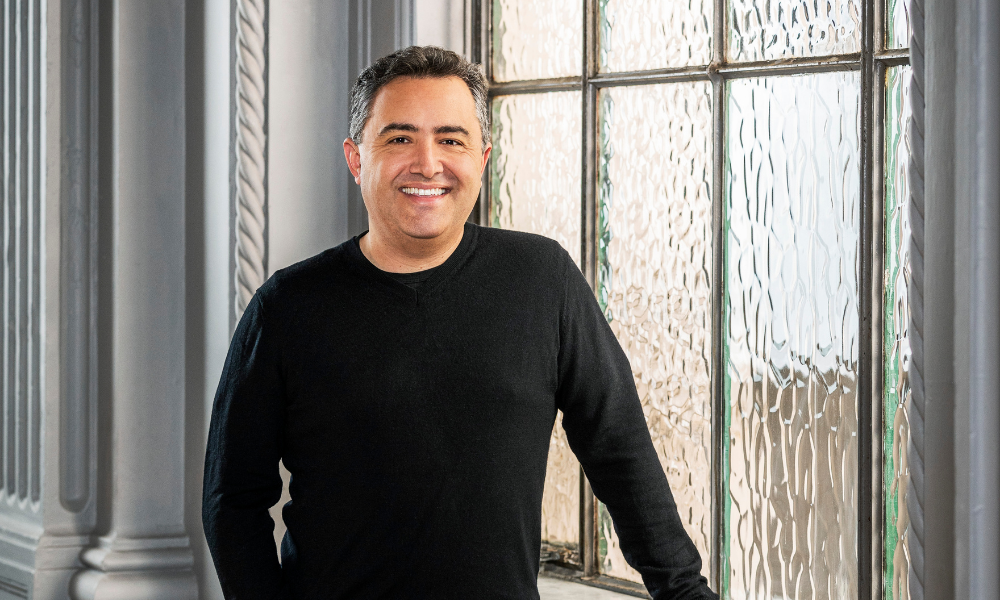
COVID-19 has been chaotic for employee mental health

Domain has announced plans to extend its Employee Assistance Program to estate agents after research found 65% had suffered from poor mental health as a result of job stress.
The property platform has also partnered with the Rise Initiative to invest in its Real Care app – a tool designed to provide real estate workers with free, accessible support for their mental health. While Australia’s property sector is soaring in the wake of the pandemic, there is a dark side within the industry.
In a 2014 Coroner’s report of Victoria, real estate was classified as a ‘high-risk industry’ with an average annual suicide rate of 13 people per 100,000 employees. Domain’s research found 90% of agents surveyed had experienced high stress and for almost two thirds, it led to mental health problems.
Speaking to HRD, Domain CEO Jason Pellegrino said the pandemic has provided an opportunity to talk openly about mental health and reduce the stigma of asking for help, especially in a high-pressure industry like real estate.
“When you operate in an industry where success is so publicly visible and the measure of success is clearly defined, there can be a strong sense of bravado in terms of the selling culture,” he said. “I think the difficulty of making that first phone call for someone to say they need help would be extraordinary.
“If there’s any point of friction that makes asking for help difficult, then it just won't happen. We've been really focused on not only providing our Employee Assistance Program for free to all of our agents and customers, but also figuring out ways that we can make access to resources as seamless and frictionless as possible.”
Read more: Working parents suffer extreme burnout during pandemic
The Real Care app offers a discreet and easy portal of resources around things like sleeping well, keeping active, and tips for better budgeting, as well as connecting users with immediate help via crisis support helplines.
Pellegrino said just as the company has supported its employees throughout the challenges of the pandemic, he believes the company has a duty to look out for the wellbeing of their clients and customers too.
“Our employees are critically important. They’re the first thing we think about in the morning and the last thing we think about at night because we run a technology business that is all about people,” he said.
“But without our customers and our partners, we don't have a business either. To allow them to have access to the same level of services that our employees have the privilege of using is critically important, particularly when we were really concerned that a lot of them were operating in environments where they may not have the support services and frameworks around them.”
Read more: Is it possible to separate work and personal life?
With many real estate offices operating as small businesses, the cost of providing resources to support employee mental health may be overwhelming, especially after the devastating economic impact of bushfires, flooding, and COVID-19 that has impacted much of the country. Now, with property prices soaring, the demand on real estate agents to capitalise on the booming market remains high.
But in the wake of the pandemic, Pellegrino said he believes a culture shift is underway within the industry and the perception around asking for help is changing for the better.
“What I’m proud of is that if I reflect back on the recent Rise conference, there was more than 1000 people in a conference room in Melbourne openly talking about their mental health and wellbeing,” he said.
“To me, that is a great signal of this industry taking an opportunity by both hands and recognising that this has to be a long-term initiative with ongoing support and ongoing focus, rather than a one-off event that COVID has allowed to occur.”